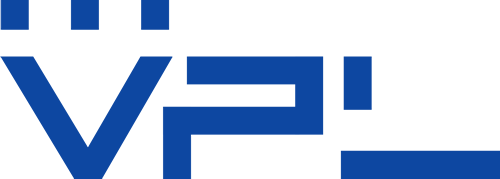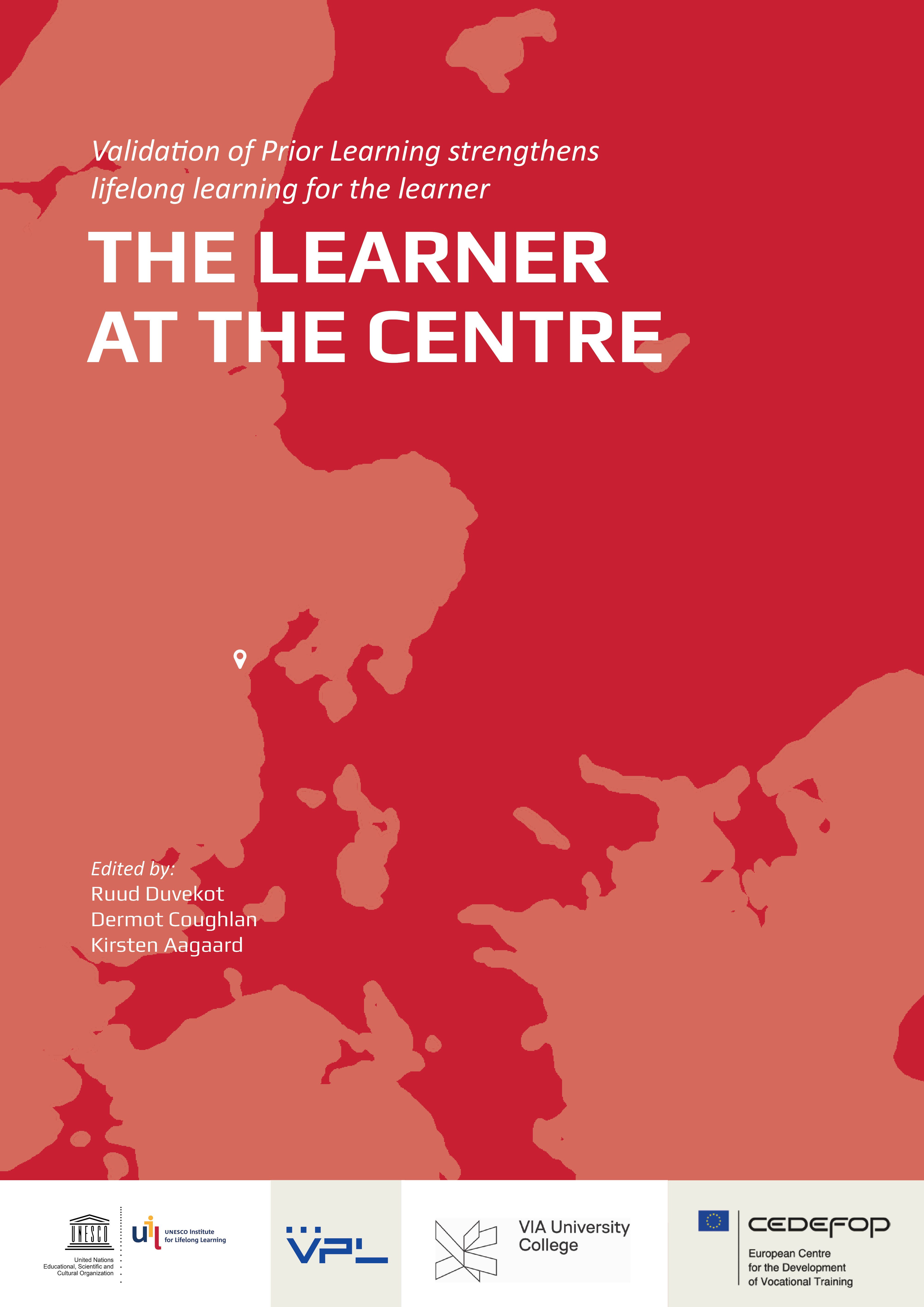The Validation of Prior Learning (VPL) is more and more embedded in the primary processes of learning and working. VPL is a stimulus and ‘guide’ for sustainable personal development, in both processes. Moreover, it is aiming at creating shared ownership of citizens and organisations concerning their competency-based development.
Download
Book
2017
978-94-92085-07-8
Ruud Duvekot, Dermot Coughlan, Kirsten Aagaard
EC-VPL
English
Throughout history, people have always prepared thoroughly for strengthening and
practising their skills in a profession; this has been true from the Middle Ages right
through the industrial age. And this is no different in the present learning society.
The prevailing systems of professional training and education do require adjustment
and even innovation, because they are part of the changing socio-economic and
socio-cultural landscape. Where once upon a time, simply completing a qualification
was enough to gain and hold onto your place in society and in the labour market, in
ever more cases this no longer holds. Nowadays, in the on-going transition to the
learning society flexible, continuous and more adaptive learning is required to keep
the citizen viable in today’s labour market or in other words, productive citizenship.
Staying on top of this development is vital for all actors: individuals, labour
organizations, schools/universities, social partners and legislative and regulatory
bodies are bound together closely in the social and economic structure. These ties
have always been present, but never before in history has the individual – or the
citizen – got the chance to gain so much control in steering one’s career through
learning as is the case in ‘the learning society’. It is the systematic process of
Validation of Prior Learning (VPL) that offers this ‘window of opportunities’ with its
focus on opening up learning opportunities on – metaphorically speaking - ‘my’ own
demand. And since learning is ever more connected to social success, this focus on
individualised control by means of VPL is the main feature of the changing learning
paradigm in the present context; a paradigm that is centred around individual
choices and competence-based and outcomes-directed lifelong learning (Duvekot,
2006).
VPL is more and more embedded in the primary processes of learning and working.
VPL will be a stimulus and 'guide' for sustainable personal development, in both
processes. Moreover, it will be aiming at creating shared ownership by citizens and
organisations of their competency-based development.
The mission of the 2nd VPL Biennale is to share information, knowledge, ideas and
visions on the practice of VPL: the learner in the centre. The learner is understood as
the volunteer, the young one, the older one, the worker, the jobseeker, the
teacher/trainer, the employer, the trade unionist, etc.
The central theme of the 2nd VPL Biennale focuses on the alluring perspective of the
integration of VPL in running processes and in systems of learning and working. It’s
time for practising VPL.
The crucial question to be answered in this respect is how to further implement VPL
as an effective method in lifelong learning perspectives, being able to integrate all
citizens effectively and quality-assured into lifelong learning strategies at all levels
and in all environments and contexts?
This question relates to priority areas in the practice of sectors, regions,
organisations and citizens, related to enhancing lifelong learning perspectives and
to fostering social and economic progress by:
- Integrating VPL in all learning levels and environments.
- Offering concrete and real learning opportunities to all citizens, with a special
focus on underrepresented groups and non-traditional learners. - Strengthening the levels of professionalism in VPL-functions to be able to cope
with learner-driven and learning outcome-based lifelong learning.
The 2nd VPL Biennale was hosted by VIA University College in Aarhus, Denmark on
April 25-27, 2017. The aim was strengthening the platform for policy makers,
practitioners, users, researchers and other stakeholders that are involved in further
developing and implementing VPL-systematics and -processes.
The 2nd VPL Biennale focused on sharing information, knowledge, ideas and visions
on VPL and about the creative process of learning from each other’s successes,
problems and solutions in ‘the VPL-world’.
Finally, as a kind of disclaimer the reader should be aware that the English in this
publication might have been formulated in UK- or American-English, depending on
the origin or orientation of the author(s).
The Biennale Committee 2017:
Kirsten Aagaard, NVR – VIA University College, Denmark
Antra Carlsen, Nordic network for Adult Learning (NVL)
Madhu Singh, UNESCO Institute for Lifelong Learning
Ruud Duvekot, European Centre Valuation Prior Learning, the Netherlands

